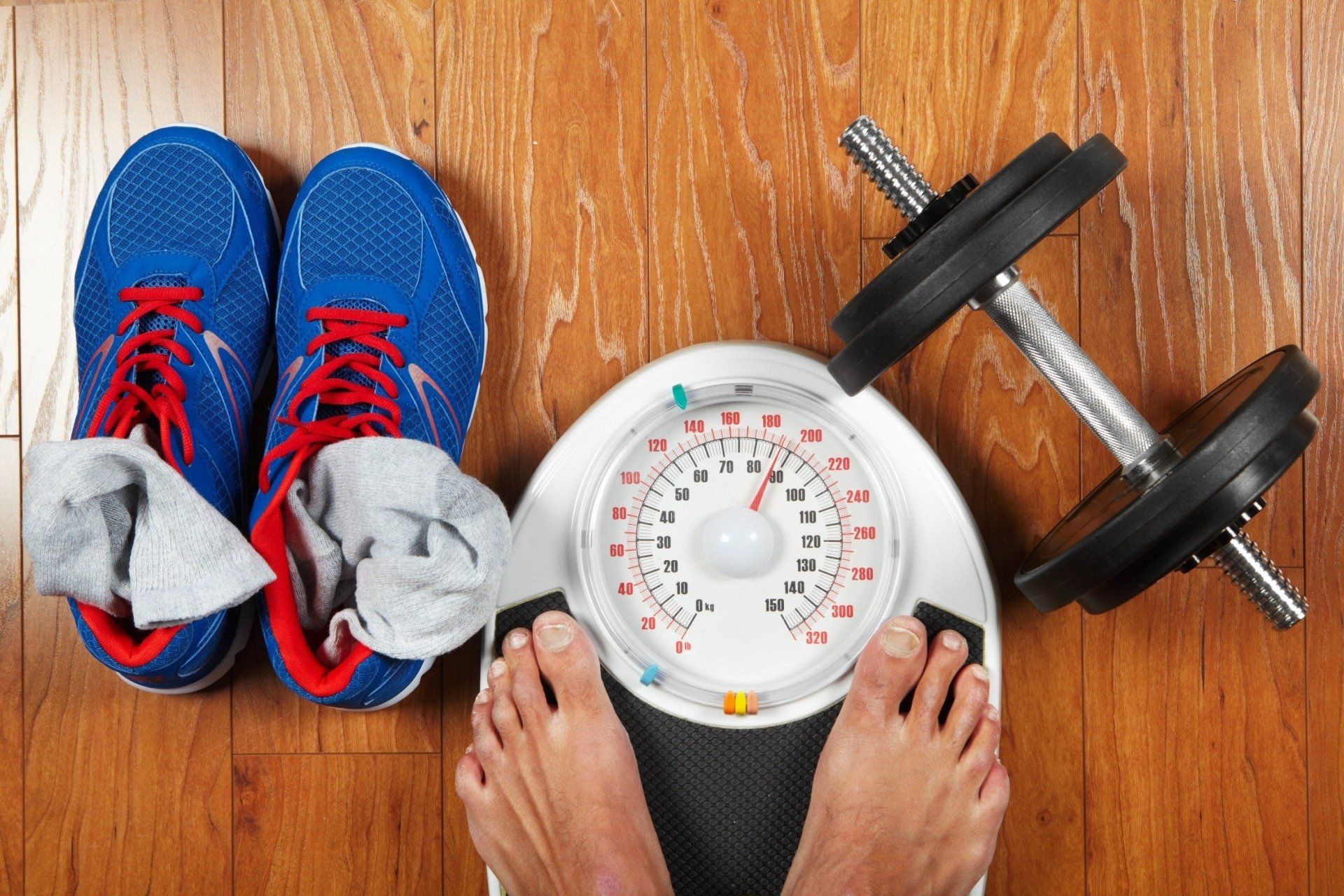Wellbutrin Weight Loss
Depression is one of the most common mental illnesses in the world. It affects more than 280 million people globally – accounting for 4% of the population, 5% of the adult population, and 6% of those above the age of 60. It’s also a leading cause of suicide, which results in 700,000 deaths globally every year.
Depressed individuals that seek treatment generally undergo a combination of medication, counseling, therapy, and changes to their lifestyle – including their habits and behaviors. Patients often respond differently to each treatment, but a mental health professional can determine the best course of action.
Despite treatments being readily available in the modern world today, recent studies suggest that roughly 75% of depressed individuals that require treatment either don’t seek it or don’t know it’s needed. Without treatment, the disorder continues to worsen and the individual’s quality of life continues to diminish.
What is Wellbutrin?
Wellbutrin, the brand name for bupropion, is one of the most common medications used to treat depression. It targets two primary neurotransmitters associated with depressive symptoms – dopamine (stimulates the body’s reward center) and norepinephrine (increases alertness, ‘fight or flight’ response).
There are two primary types of Wellbutrin – Wellbutrin SR and Wellbutrin XL. Let’s take a closer look:
- Wellbutrin SR - made of bupropion, but is absorbed more quickly by the body and is generally taken twice per day. SR is used to treat major depressive disorder and quitting smoking (smoking cessation).
- Wellbutrin XL - made of bupropion, but is absorbed more slowly by the body and is only taken once per day. XL is used to treat depression and seasonal affective disorder (SAD).
While most antidepressants fall in the class of selective serotonin reuptake inhibitors (SSRIs) or serotonin and noradrenaline reuptake inhibitors (SNRIs), wellbutrin is in the class of norepinephrine and dopamine reuptake inhibitors (NDRIs) due to its heavy impact on norepinephrine and dopamine levels in the brain.

Does Wellbutrin Cause Body Weight Loss?
One of the more common side effects of taking Wellbutrin is weight loss. This is surprising, considering most antidepressants are known for causing weight gain, not weight loss. Of course, this is a side effect and shouldn’t be used as a reason behind taking Wellbutrin – which is only FDA-approved for depression.
With that said, one study found nearly 25% (1 in 4) of the test subjects lost 5 or more pounds when taking 150-300mg of Wellbutrin XL per day. Not only that, but 14% of people who took 300mg of Wellbutrin SR lost 5 or more pounds, and 19% of people taking 400mg of Wellbutrin SR lost 5 or more pounds.
Why Does Wellbutrin Cause Weight Loss?
At the moment, researchers are unsure why Wellbutrin causes weight loss, but research is ongoing. Early theories indicate a possible link between weight gain and low levels of dopamine in the brain. This could explain why Wellbutrin – which increases levels of dopamine in the brain – often results in weight loss.
Both dopamine and norepinephrine play a role in appetite, satiety, and eating behaviors. Another belief is that taking Wellbutrin results in a healthier, happier, and more energetic individual – which results in better eating patterns and more physical activity. It might be indirect, but the connection is definitely there.
How Fast is Weight Loss on Wellbutrin?
In most cases where a patient lost weight while taking Wellbutrin, the weight loss generally occurred after eight weeks. Of course, this is going to be different for each individual and can range anywhere from several weeks to several months. Then again, some patients might not experience any weight loss at all.

Does Wellbutrin Cause Weight Gain?
Unlike other antidepressants, weight gain is rarely reported among patients taking Wellbutrin. In the same study from above, only 11% of patients gained 5 pounds or more when taking 150-300mg of Wellbutrin XL per day, and only 2-3% of patients gained 5 pounds or more when taking 300-400mg of Wellbutrin SR.
While weight gain is possible when taking Wellbutrin, it’s not as common as weight loss. Even when weight gain is reported, there are a number of factors that play a role in it. Either way, you should never take Wellbutrin SR or XL with the hopes of gaining or losing weight – that’s not what it’s intended for.
Other Common Side Effects When Taking Bupropion
Weight loss is a common side effect, but it’s not the only side effect patients may experience when taking Wellbutrin. Other common side effects include headaches, dry mouth, difficulty sleeping (also known as insomnia), nausea, upset stomach, feeling dizzy, constipation, rapid heartbeat, sore throat, and more.
There are also a number of less-common side effects that don’t happen often, but there were reports in the past. Those include skin rash, sweating, ringing in the ears, shakiness, stomach pain, muscle pain, thought disturbances, anxiety, eye pain, vision impairment, red eyes, and swelling in or around the eyes.

Things You Can Start Doing Today to Achieve Weight Loss
Losing weight is much easier said than done, but that doesn’t mean it’s impossible and it shouldn’t discourage you from attempting your own weight loss journey. And while Wellbutrin might not be a weight loss medication, there are a variety of things you can start doing today to lose weight properly.
Here are a few of our most prominent tips:
- Eat a healthier, well-balanced diet
- Increase your daily or weekly physical activity
- Start burning more calories than you eat
- Drink more water and eat more fiber
- Eat smaller meals and stick to a regular eating schedule
- Replace unhealthy snacks with healthy snacks
If you’re having a hard time losing weight or are unhappy with your body appearance, speaking with a doctor can help you figure out what changes need to be made – habitually, behaviorally, mentally, etc. – to reach your goals. Don’t worry, these meetings with your doctor are meant to be uplifting and comforting.
Schedule an Appointment With Dr. Shaun Jang Today!
Are you unimpressed with your current weight? Are you worried your weight is going to increase this winter season? Do you have an upcoming event that you need to slim down for? No matter what your reason is, Dr. Shaun Jang is ready to help you achieve your weight loss – or weight gain – goals. Make sure to check out our Weight Loss Management Service!
To schedule an appointment with Dr. Shaun Jang, contact his office at (702) 202-3663 or email us at contact@goodsamaritanlv.com. At Good Samaritan Las Vegas, we take care of our patients and ensure their needs are met with each and every visit. We can’t wait to help you become the best version of yourself!



